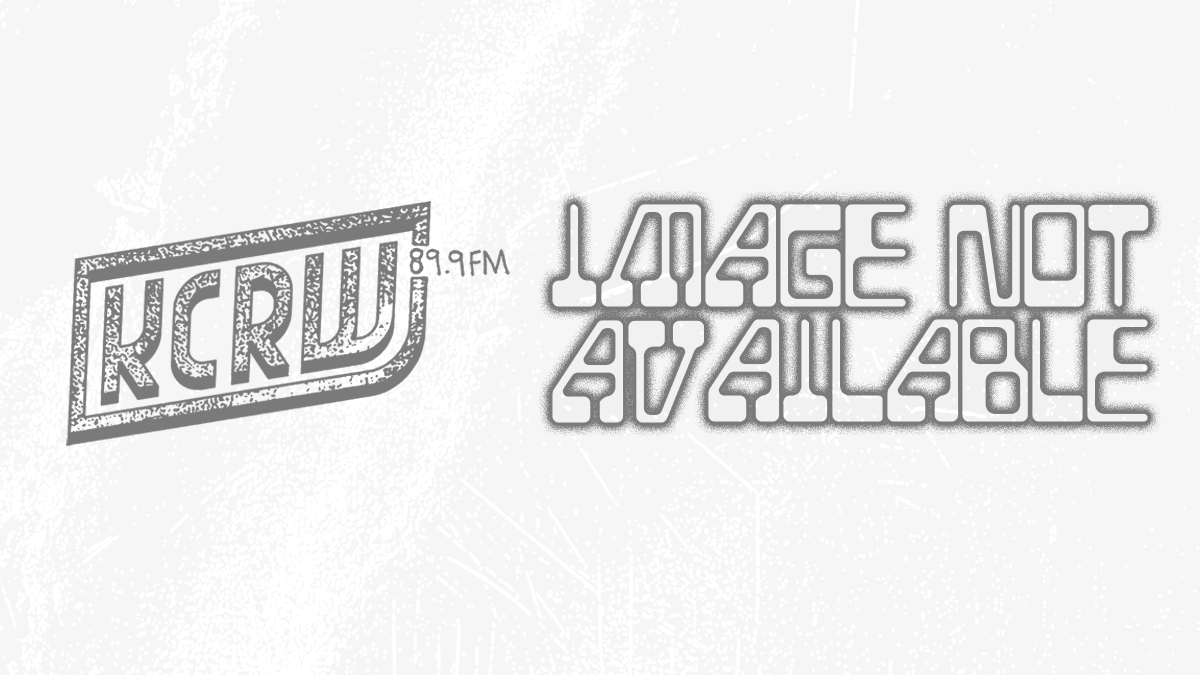Millions of people are expected to head to the airports this holiday season. But the spread of the Omicron variant is causing concerns about sitting in close quarters. Several studies say the risk of contracting the virus on an airplane is low. Airplane manufacturer Boeing backs up those claims, saying their planes use HEPA filters that remove more than 99.9% of particulates from the air before it is recirculated.
But Greater LA’s car and tech and car reporter Tod Mesirow found some concerning information the airlines may not be telling its passengers.
Though the Federal Aviation Administration has strict regulations for air filtration on planes, the agency does not require any testing.
“It’s not just a matter of zero enforcement. There’s no requirement for any data to be gathered, despite the fact that the FAA does indeed have strict standards,” he says.

Boeing says High Efficiency Particulate Air (HEPA) filters purify the air every few minutes throughout a plane’s cabin. Photo courtesy of Boeing.
Even if the HEPA filters are doing their job correctly, some experts told Mesirow they’re still worried about that 0.1%. "If I'm sitting right next to you and one of us sneezes or coughs or takes off a mask to talk, those little particulates are not going to get up to the filter and back down, they're going to go direct," says William J. McGee, an aviation journalist and author of “Attention All Passengers.”
The most important thing you can do before traveling is making sure you are vaccinated, with a booster shot, according to Paula Cannon, a professor and virologist at USC. Cannon also recommends turning on the air vents to direct air away from you while sitting on the plane.
"If there's somebody next to you with COVID, it's also going to be blowing that away as well. So I think that's a good strategy, although it can probably make you pretty cold on a long journey," she says.

